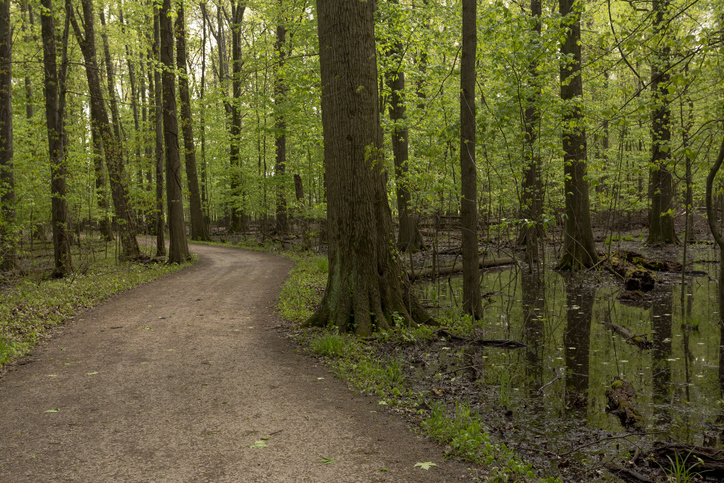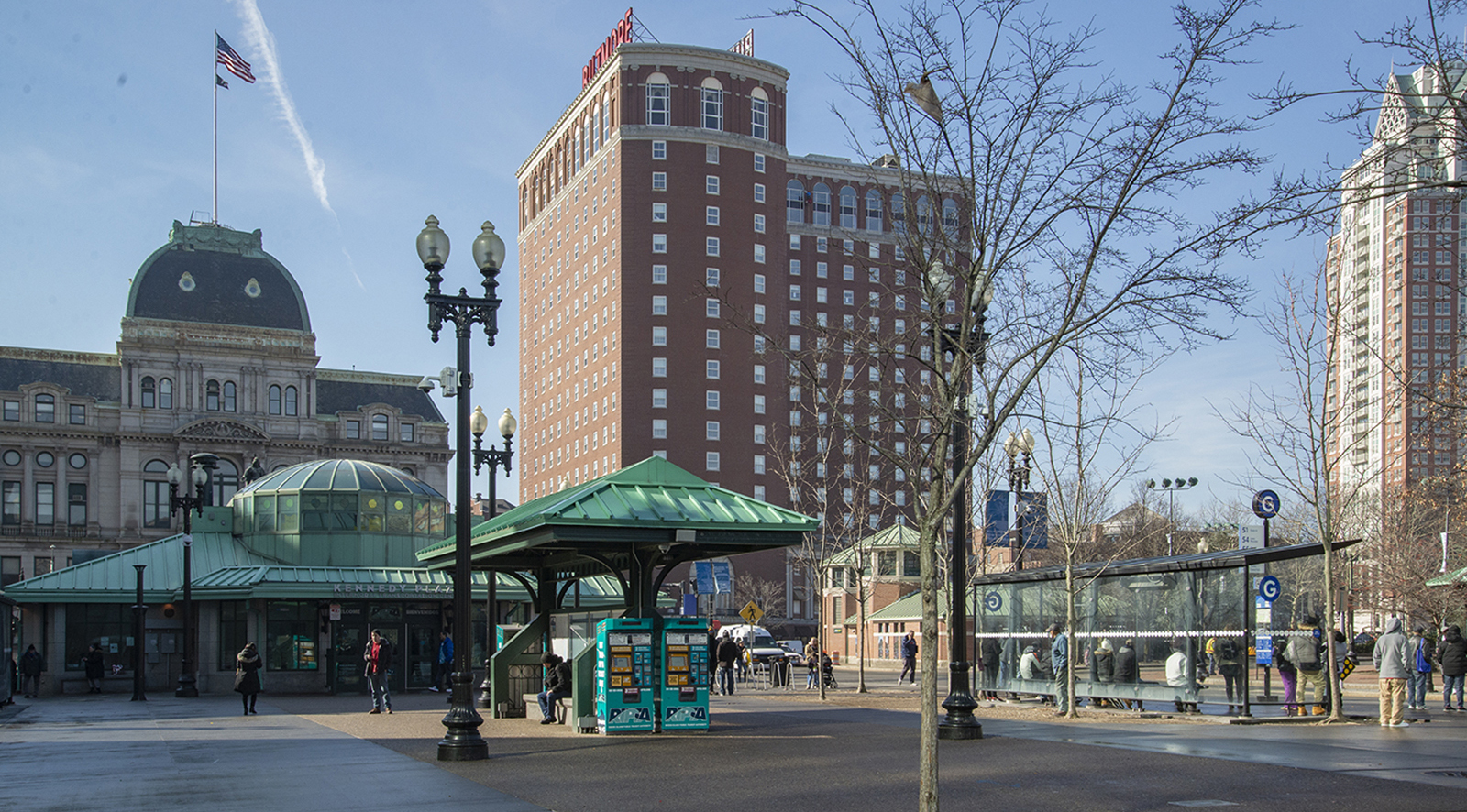Rhode Island Needs Lawn Chemical Restrictions
March 31, 2013
It’s early spring and the fertilizer company promotions keep hitting my mailbox. (I promptly reply with e-mails asking to get off their mailing list.) These lawn professionals make money peddling cheap, synthetic fertilizer and offering “protection from sub-surface insects.” One letter guaranteed the lowest price and 25 percent off its full season program. All just to poison our pets, relatives, drinking water and wildlife. What a deal.
Less common are the warnings, which don’t fit so neatly with today’s low-cost consumerism. These reports, frequently from advocacy groups, refer to the latest studies connecting chemical fertilizers to respiratory and behavioral disorders, as well as pesticides linked to developmental disorders, leukemia and brain cancer.
Last week, I was enticed by the headline “How to Fertilize Your Lawn—Not the Bay.” The article, written by a natural resource expert, talks about the “eternal suburban dilemma” of choosing between a handsome lawn fed by chemical fertilizers and pesticides or a weed and grub-infested swath of dirt.
It notes the safety and efficacy of organic fertilizers and organic lawn experts as well as the water absorbing benefits of landscaping with native plants. The central point, however, is the downstream problems with lawn chemicals.
Once it rains, the article explains, fertilizers wash off the lawn, rush down the street into the storm drain that feeds a stream and flushes into the bay. Toxins aside, the flood of nutrients upsets the entire aquatic ecosystem, creating dead zones void of eel grass, fish and marine life.
The bay the article refers to is not Narragansett Bay, but Chesapeake Bay.
In 2011, Maryland passed a law restricting fertilizer use — a law that skeptics from Rhode Island say was only needed because of the heavy use of chemical fertilizers by the Chesapeake’s large agricultural region. Yet, the Maryland law targets the non-agricultural sector — the 44 percent of fertilizers sold in Maryland to treat golf courses, parks, athletic fields, businesses and homes.
Many of the new rules kick in this year, such as reductions in nitrogen content and banning phosphorous from most fertilizers. These mandates complement labeling requirements already in place. They’re all simple concepts, which the chemical industry resisted.
Yet, fertilizer giant Scotts Miracle-Gro Co. has since voluntarily removed phosphorus from most of its fertilizers. The move should be met with skepticism, as Scotts is fighting a limited ban on phosphorus in Falmouth, Mass. But it does help raise public awareness about the implications of what we put put on our lawns.
Rhode Island has more developed land and impervious surface than Maryland. So, legislation curbing lawn chemicals seems obvious, especially given our persistent nitrogen loading problems in Narragansett Bay and the prediction of intensifying rainstorms and persistent runoff issues. New Jersey, New York, Florida, Michigan and Wisconsin also have restrictions on lawn chemicals.
Rhode Island has nothing in the pipeline for tamping down our lawn-chemical problem. Past legislative efforts have failed to draw the coalition of supporters needed to get something done. Meanwhile, the annual chemical saturation begins.
Not to worry, those little lawn flags should keep us safe. I just can’t figure out how to read them without stepping on the grass.
Tim Faulkner is the senior reporter for ecoRI News.
Categories
Join the Discussion
View CommentsRecent Comments
Leave a Reply
Your support keeps our reporters on the environmental beat.
Reader support is at the core of our nonprofit news model. Together, we can keep the environment in the headlines.
We use cookies to improve your experience and deliver personalized content. View Cookie Settings




If you're looking for some quality organic fertilizers for your lawn and gardens check out the North Country Organics all natural organic fertilizers at The Good Earth Organic Gardening Center. You'll have a healthier lawn or garden and won't have to worry about you children or pets exposure to harmful chemicals. http://www.goodearthri.com
Thanks Tim. As you know, I have been trying for years to eliminate use of synthetic pesticides (insecticides, herbicides, fungicides) and fertilizers on municipal land (including sports fields) in Barrington. While the town has been conceptually supportive, and some gains have been made, there has been very little in the way of public support for this. The (ridiculous in my mind) social convention to have a weed-free, kelly green lawn surrounding ones property or on sports playing fields is strong. As if one’s worth is measured by the lack of weeds on your lawn – that’s childish. It amazes me that more parents aren’t absolutely outraged at the indiscriminate use of pesticides on public lands. After all, their children and pets are playing on them, to say nothing of the known harmful effects on non-target insects, insect-eating critters, and critters that live in water that the synthetics are washed into. And the sports people (coaches, leagues, overly-invested parents) are heavily guilty of insisting on weed- and bug-free playing fields, and are vocal and bullying towards the town to maintain the fields in such condition. C’mon, people, if you want healthier town land and playing fields for your family and other critters we share space with, GET UP IN ARMS ABOUT IT!!!!!